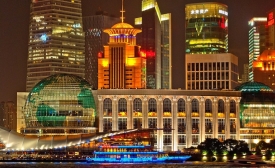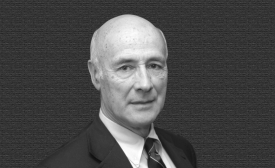joseph nye

This installment of a Pacific Council on International Policy series discusses the defining features of Chinese soft power.

On the evolving concept of "soft power" and key challenges facing U.S. public diplomacy.
Bad guys can possess soft power. I know—I wrote a book about it. But over most of the past century the U.S., as the soft power hyperpuissance, has largely set the standards of what constitutes effective national image projection. The United States has drawn its soft power, the “ability to shape the preferences of others,” as put by Joseph S. Nye, who devised the term.
Pakistan is now quoted as a country of peace lovers and peace builders as they have strived hard to overthrow their adversaries without any demoralization. The term ‘soft power’ was coined in 1990 by Professor Joseph Nye to explain how modern states can use positive attraction and persuasion to achieve global influence.
When discussing soft power, it is important to understand that, just like hard power, it is an attribute of force and as such, maintains a coercive, compulsory nature. Bidirectional influence is a purely methodological, not substantive quality, which creates the illusion that many are involved in the decision-making process, but the sole main beneficiary is still the state that is projecting its power.







